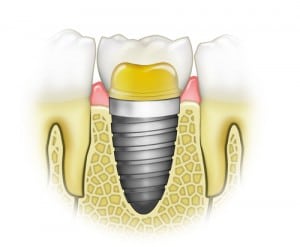 One does not have to be an expert in a particular field to know the basic facts about it. Alcohol and dentistry are no different to that. There are some things that people know just by sheer common sense. One of those understanding is the effect of alcohol. It is common in many countries but the negative effects of it’s over consumption are known to all too. Dental cavities get severely damaged by alcohol too. Alcohol irritates soft tissues in the mouth and flow of saliva as well.
One does not have to be an expert in a particular field to know the basic facts about it. Alcohol and dentistry are no different to that. There are some things that people know just by sheer common sense. One of those understanding is the effect of alcohol. It is common in many countries but the negative effects of it’s over consumption are known to all too. Dental cavities get severely damaged by alcohol too. Alcohol irritates soft tissues in the mouth and flow of saliva as well.
People who have gone through dental implants or any other kind of dental treatment should be extra cautious. It is a serious concern not only before and during the treatment but even after it. Some facts that people must know are:
- People must always be truthful to the doctor. Unlike the case of tobacco, alcohol consumption cannot always be accurately detected. So, people must inform about their alcohol consumption habit to ensure whether they are fit for surgery.
- Alcohol dehydrates while hydration is important after dental implant.
- The human needs maximum minerals and vitamins before any surgery. A diet that contains high concentration of nutrients should be taken because nutrients expedite the recovery process after surgery; osseointegration precisely. But alcohol can nullify the benefits of nutrients as it impairs the ingestion of nutrients. Thus, despite being on a good diet prior to surgery, the recovery limpers.
- Alcohol interferes with antibiotics that are used post surgery.
- Alcohol hinders blood coagulation, which is a serious requirement during and after any surgery. Dental implant can be a failure if open wounds do not heal normally. In fact, regular consumers of high concentration of alcohol may develop complications even due to minor injuries.
- Alcohol should be totally avoided for minimum seven days after the completion of first phase of dental implant. Staying away from reactive drugs is even more important for those who take painkillers.
- Since alcohol lowers inhibition, people opt to smoke, which is even worse.
- Certain mouthwash contains alcohol, so, the best practice is to consult the concerned dentist about the alternative choice. Or, whether alternative is at all required.
- Prolonged heavy consumption of alcohol leads to loss of bone, which can directly impact longevity of dental implant.
- Blood vessels get dilated due to alcohol and as a result gums and teeth may become sensitive to inflammation and pain.
Author Bio: Tony Rolland is a marketing consultant for Santa Rosa dentist Valeria Lawrence DDS, a progressive Santa Rosa,CA dentist. Tony writes about alternative medicine, health, dentistry and advancements in medicine and dentistry.
